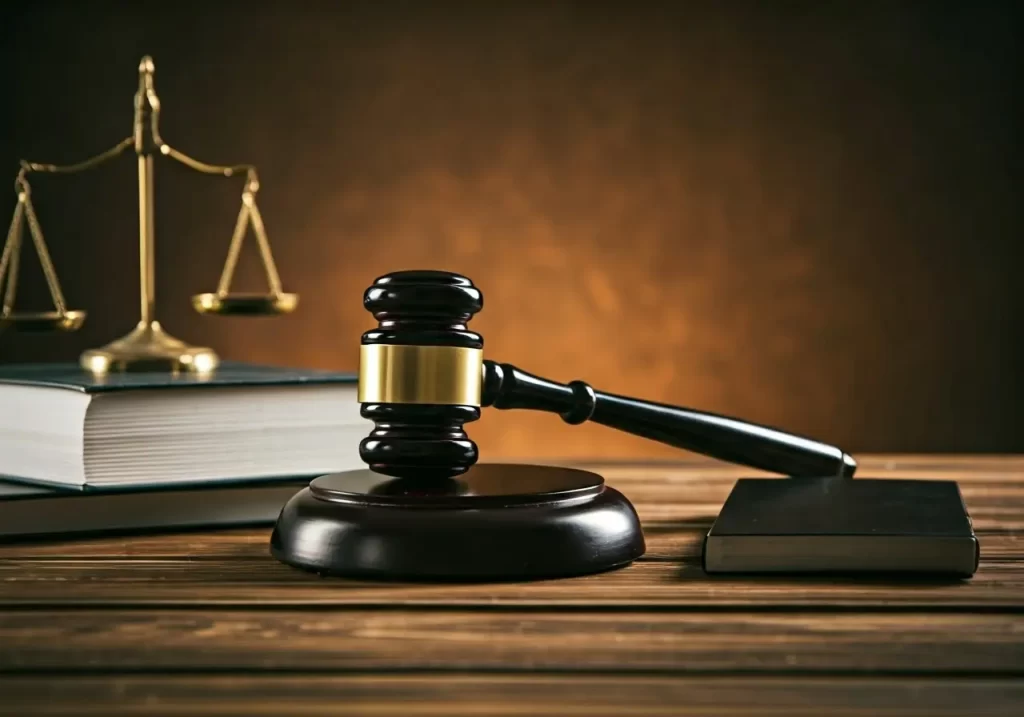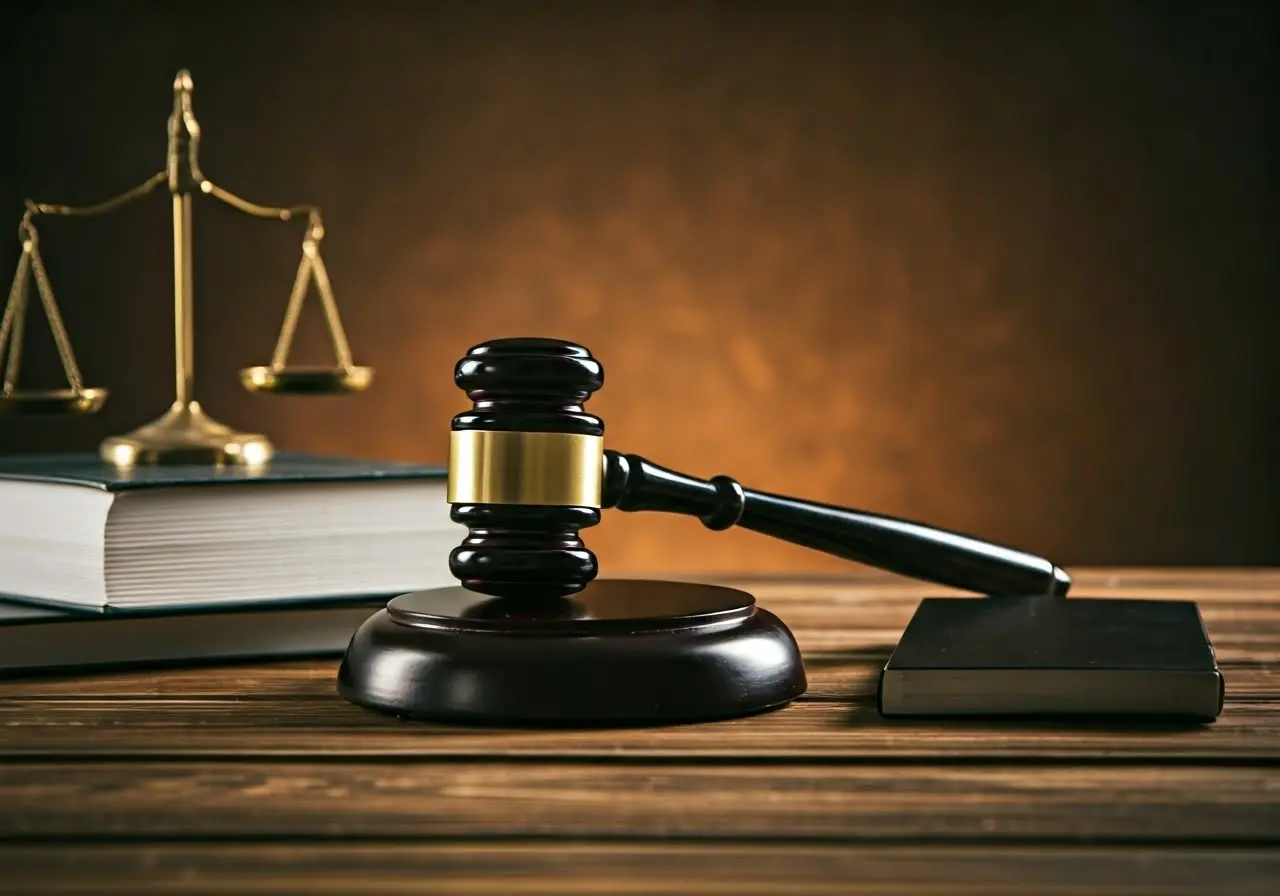Navigating the legal system can be daunting, especially when you’re facing criminal charges. Choosing the right attorney is crucial to ensuring your rights are protected. Whether it’s your first consultation or you’re looking to switch representation, knowing the right questions to ask can make all the difference. Here’s a list of essential questions you should consider when meeting with a criminal defense attorney in New Jersey.
1. Experience in New Jersey Criminal Law
Ask about the attorney’s experience specifically with criminal law in New Jersey. It’s important they are familiar not only with the law but also with local court procedures and judges.
Having a lawyer who understands the nuances of New Jersey’s criminal laws can greatly benefit your case. This is crucial as legal systems vary significantly, and knowing how local judges typically handle certain cases can provide a strategic edge in your defense. Additionally, familiarity with local law enforcement practices and courtroom protocols may influence critical decisions throughout the legal process. When you meet with a prospective attorney, inquire about their history with the local legal landscape, as well as whether they have handled cases that faced similar charges to yours.
2. Previous Case Success
Inquire about their track record with cases similar to yours. Knowing their success rate and the outcomes they’ve achieved can give you confidence in their capabilities.
The track record of a criminal defense attorney can speak volumes about their expertise and reliability. Ask them how many similar cases they have handled and what the outcomes were. For instance, have they successfully secured dismissals, reduced charges, or favorable plea bargains for their clients? Furthermore, explore whether they have managed high-profile cases and how they dealt with the complexities involved. Their ability to adapt strategies in challenging scenarios can often be a testament to their skills and experience. With the right attorney, you gain not just a legal representative, but a partner invested in achieving the best possible outcome for your situation.
3. Approach to Defense Strategy
Understanding their approach to your defense is key. Ask how they would handle your case and any initial strategies they might consider.
Every case is unique, and a one-size-fits-all strategy seldom works in criminal defense. When consulting with an attorney, it’s crucial to discuss potential defense strategies. Will they be aggressive, perhaps filing pre-trial motions to dismiss, or are they more conservative, aiming for a plea bargain if circumstances dictate? Understanding the pros and cons of each approach might help you in making informed decisions about your case. Also, inquire if they have a team of investigators or expert witnesses ready to fortify your defense plan, giving you a broader understanding of how robustly they can support your case.
4. Communication and Availability
Ensure you discuss how often you will receive updates and the best way to reach them. Effective communication can significantly impact the progress and outcome of your case.
In the legal world, poor communication can lead to unnecessary stress and potential missteps in your case. Asking about an attorney’s communication protocols upfront can prevent these issues. Will they offer regular updates by phone or email, or will you need to request them? How quickly should you expect a response when you have pressing questions? Equally, consider their office hours and availability for in-person meetings. A lawyer who makes themselves accessible can ameliorate anxieties by ensuring that you remain informed and prepared at every stage of your legal journey.
5. Fee Structure and Costs
Discuss their fee structure upfront to avoid surprises. Ask about retainer fees, hourly rates, and other potential costs related to your case.
Legal fees can be intimidating, but transparency about costs can put your mind at ease. Ask your attorney for a detailed breakdown of their fee structure, including what percentage of work is covered by the retainer and what instances might require additional fees. Assess if they offer payment plans that could make financing your defense more manageable. Understanding these financial aspects can also provide insight into how the attorney values their services and manages client relationships, letting you focus more on preparing for your case rather than potential surprises.
6. Potential Outcomes
While no attorney can guarantee results, a seasoned lawyer can provide insights into possible outcomes based on similar cases.
It’s crucial to have a realistic understanding of the potential outcomes of your case. No attorney can promise a victory, but a proficient one should be able to outline the possible scenarios based on precedent and existing evidence. Ask them to explain both best-case and worst-case outcomes and the likelihood of each, offering clarity and better preparation for your legal journey. This transparency can be reassuring, enabling you to prepare emotionally and strategically for each eventuality.
7. Handling of Plea Bargains
Ask about their experience with negotiating plea bargains, as this could be a crucial aspect of your defense strategy.
Plea bargains can significantly alter the course of a criminal case, often serving as a tool for a reduced sentence or lesser charges. It is vital to assess the lawyer’s experience in negotiating plea deals and their success rate in securing favorable terms for clients. This involves discussing how they evaluate when a plea bargain is in your best interest and how they weigh these options against going to trial. By understanding their approach to plea negotiations, you can gauge their ability to advocate effectively under various legal circumstances.


